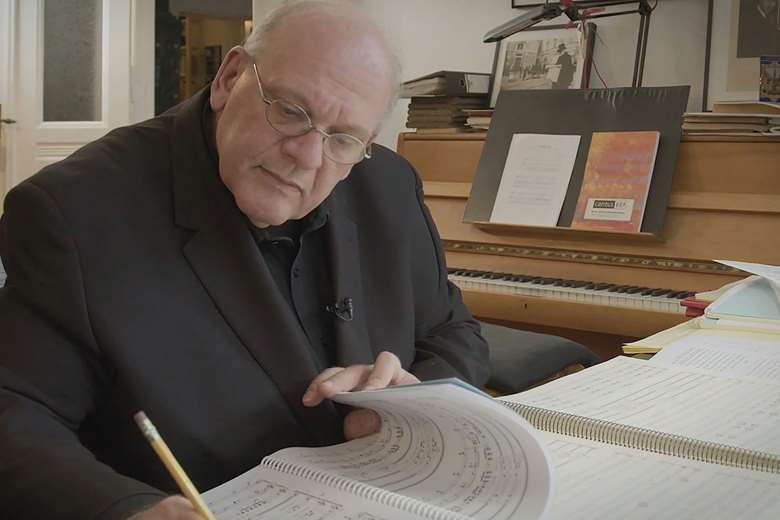Contemporary composer: Detlev Glanert
Guy Rickards
Friday, January 24, 2025
Guy Rickards champions the German composer, now in his sixties, much of whose vast and intriguing output is still to be set down on record

Register now to continue reading
Thanks for exploring the Gramophone website. Sign up for a free account today to enjoy the following benefits:
- Free access to 3 subscriber-only articles per month
- Unlimited access to our news, podcasts and awards pages
- Free weekly email newsletter













